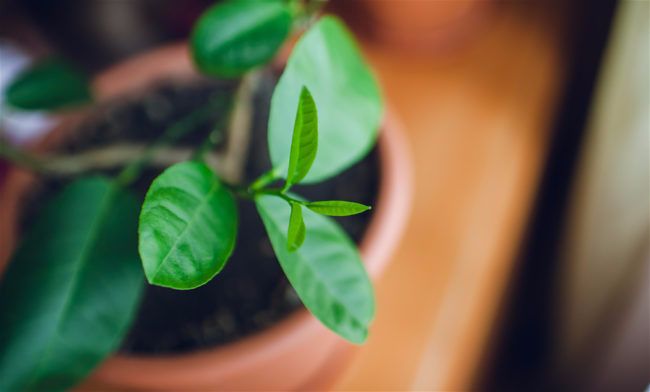You’ve always thought of that luscious Chrysanthemum in the front hallway as a way to bring a little beauty from the outdoors inside your home. But did you know that same plant can benefit your health?
Well, it’s true. And an organization as significant as NASA says so!
In the late 1980s, NASA conducted a study on how houseplants impact indoor air quality. That study found that the plants help remove significant amounts of hazardous chemicals, including formaldehyde, from indoor air.
Exposure to these chemicals has been linked with health issues like frequent headaches and eye irritation. Houseplants serve as a sort of filter — grabbing the chemicals from the air.
Before you head to the store to stock up on plants for your home, here’s what you should know about houseplants and the air we breathe:
- The air indoors is filled with chemicals. If someone conducted an indoor air quality survey of your home, you’d probably be surprised what it would find!
Chemicals come into our homes on many types of products. For example, benzene is used in detergents, plastics, synthetic fibers, pesticides, glue and even furniture wax. Another potentially hazardous chemical, ammonia, is found in many household cleaners.
These chemicals can have a number of harmful effects on the body, causing dizziness, headache, nausea and vomiting, eye irritation, and sore throat, among other symptoms.
- Most plants have air-filtering abilities. Some, though, are better than others. If you’re looking for the best, look no further than that Chrysanthemum we talked about earlier. According to NASA, it works best at removing three of the most common chemical pollutants.
A number of other plants also were cited by NASA as good air filters, including:
- Ferns, including the Boston and Kimberly Queen varieties
- Peace lilies
- Spider plants
- Palms, including the Dwarf Date, Broadleaf Lady and Bamboo varieties
- English ivy
- Snake plants
Keep in mind that some plants are toxic to the health of animals, so do some research before deciding what plants to bring into your home.
To reap the most benefits from houseplants, NASA recommends having one plant for every 100 square feet of space. But even one plant will provide some benefit for your air quality.
- Improve air quality isn’t the only benefit. Houseplants can also benefit your health in a number of other ways by increasing your home’s humidity level, stimulating oxygen creation and lowering carbon dioxide levels.
In particular, plants play a significant role in keeping the air supple and hydrated. You’re probably familiar with the role a humidifier plays in keeping your lungs and skin hydrated. Well, a plant is the natural version of this machine.
Still feeling under the weather even with all your houseplants? Don’t let your symptoms linger! Find a doctor who can help get you on the path to feeling like yourself again.







